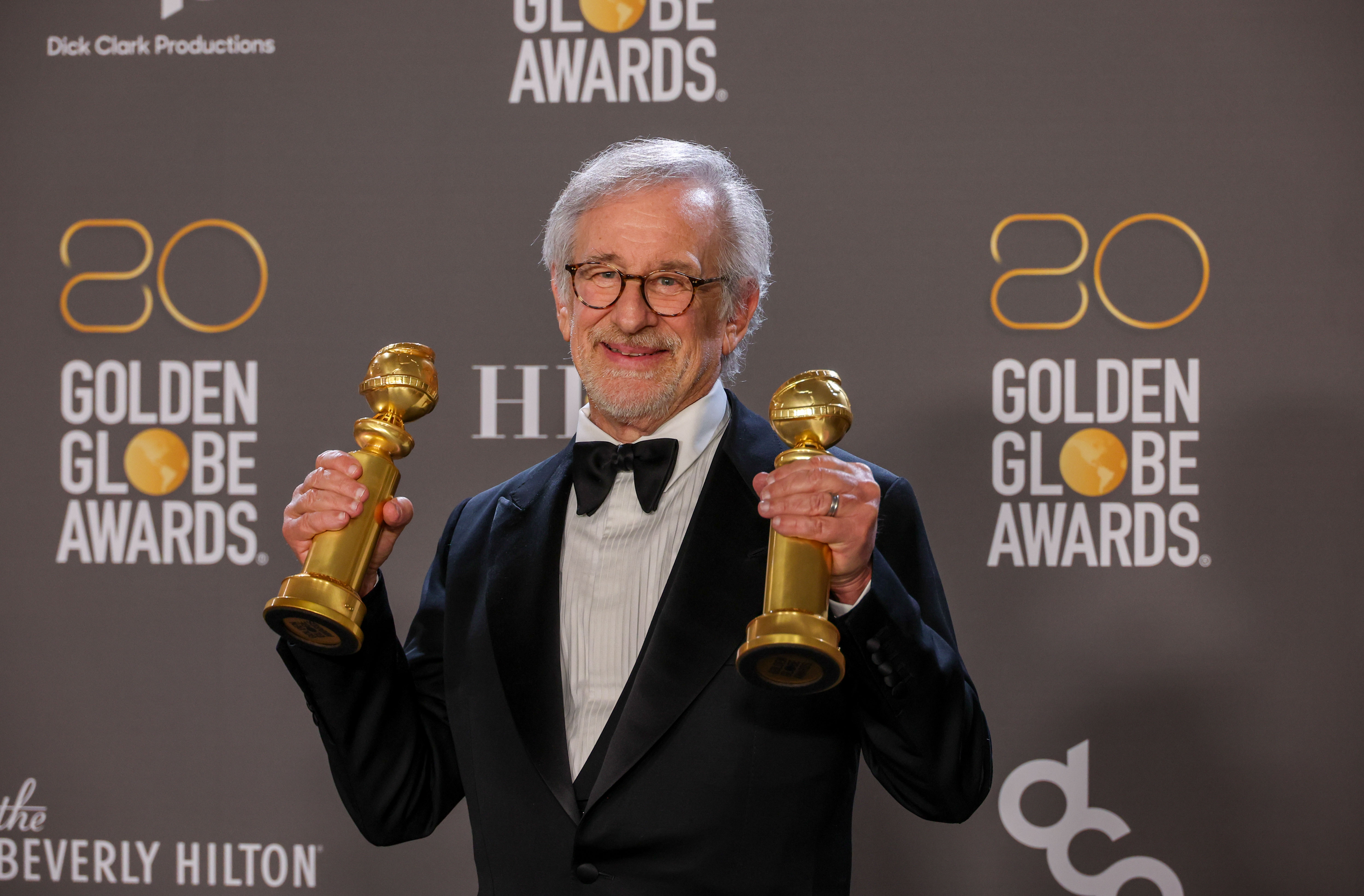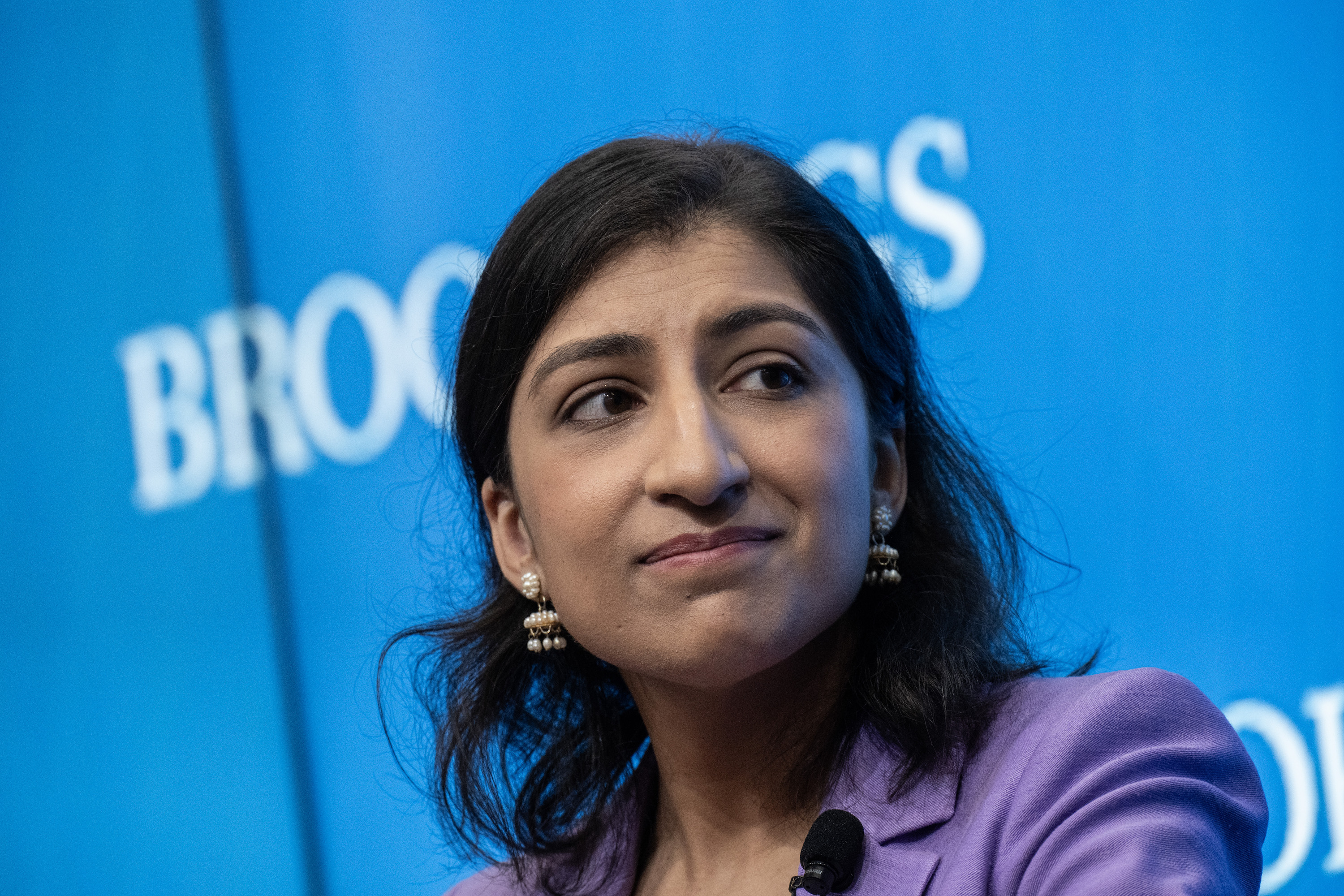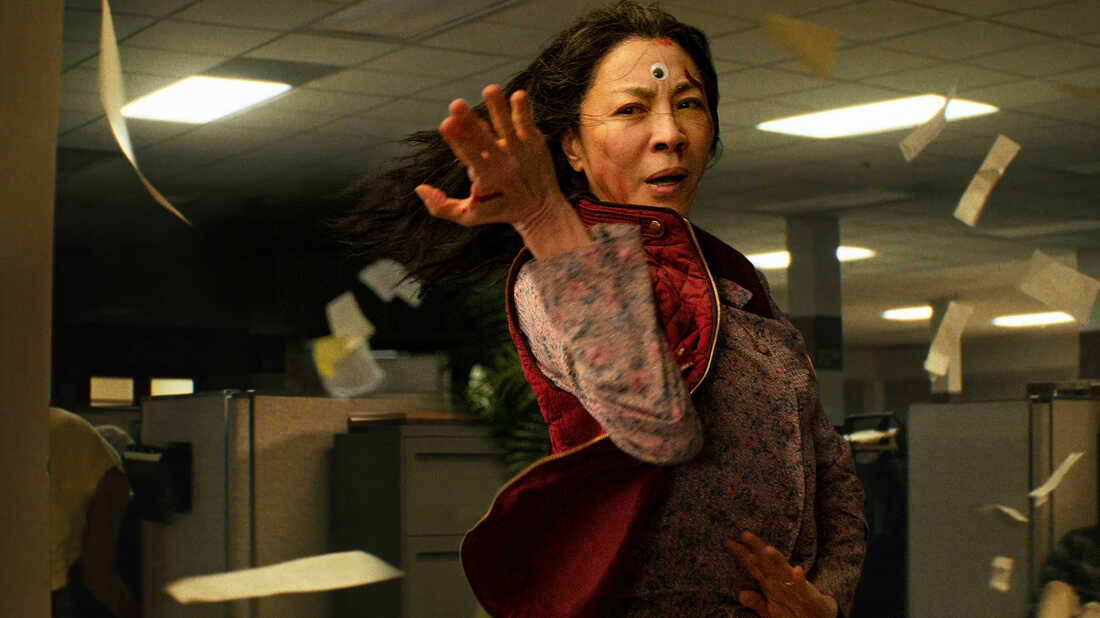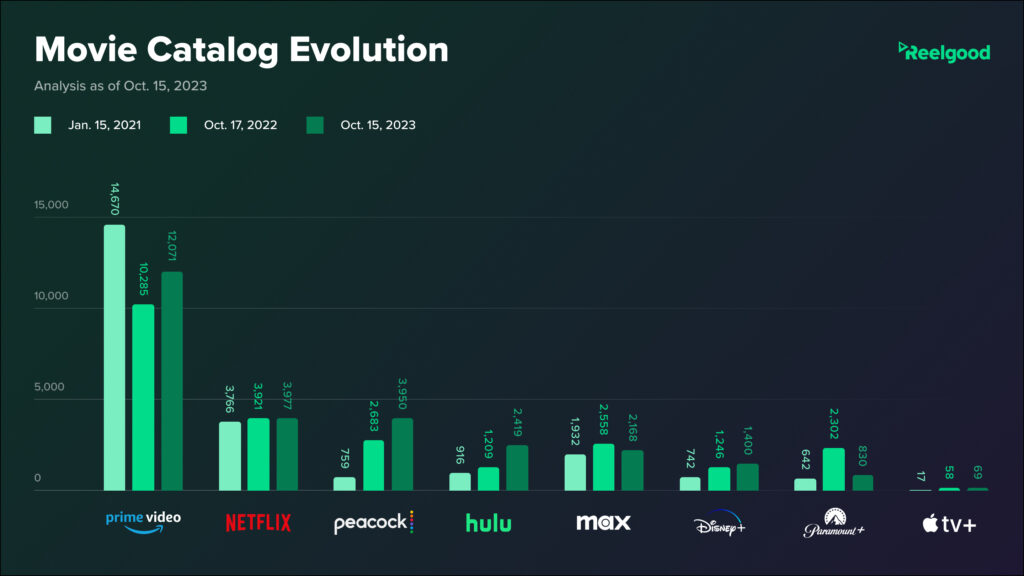The Golden Globes Spin on Amid 'Confusing Ownership Do-Si-Do'
Our latest ‘Next Text’ explores Hollywood’s confounding FYC monopoly … and the end of ‘The Awards Industrial Complex’

The smarter way to stay on top of the streaming and OTT industry. Sign up below.
You are now subscribed
Your newsletter sign-up was successful
Next TV's Daniel Frankel and David Bloom once again convene over text for their semi-regular melding of deranged screaming into the void and calculated risk aversion.
Daniel Frankel: Hello, David. Good to see you at that Parks Associates Future ’o Television event the other day in the Marina. So I was just reading Elaine Low and Claire Atkinson's excellent Friday story in The Ankler about the Golden Globes’ “seven-week Hail Mary” to find a channel, any channel, that will air their January awards event. (They ended up announcing a new broadcast deal over the weekend — CBS.) Fascinating reference here to the “confusing ownership do-si-do” that now surrounds this awards event, which used to attract a huge audience on NBC every year. Even with regular host Ricky Gervais mauling the increasingly pathetic hand that inexplicably kept feeding him, the Globes still served as a rather predictive No. 2 sidekick to the Oscars. For decades, Variety was a stalwart backer of the Golden Globes, annually publishing awards specials sponsored by the event's backer, the Hollywood Foreign Press Association. I know this, because I used to oversee some of those “special reports.” Then, a few years ago, Variety — now owned by Jay Penske — initiated a series of relentlessly breathless takedowns of the HFPA and its decades-long plague of corruption and lack of diversity. These reports weren't wrong. But these were hardly new problems that nobody already knew about all along. Penske has somewhat cornered the “for your consideration” advertising market via ownership stakes in Variety, The Hollywood Reporter and Deadline. He might soon own the Los Angeles Times, too. A guy who runs a low-rent Hollywood trade told me that Amazon threw money at him trying to seed alternative FYC outlets, so the demand side has definitely been aware of consolidation on the supply side. But now, Penske also controls the Golden Globes through his ownership of the event’s longtime producer, Dick Clark Productions. So he now has the bowl, the spoon and the milk. If you’re an awards-aspiring studio marketing executive who wants cereal? … There aren’t a lot of other options. This may all be small monopolistic potatoes as far as D.C. is concerned. But shouldn’t somebody, you know, look into this?

David Bloom: I’m thinking Lina Khan and the FTC have bigger antitrust fish to fry, especially because they’re having such challenges in actually, um, making a meal (see also, Microsoft, Google, etc). That doesn’t mean you’re wrong. If it’s any consolation, this “unusual” situation does keep a lot of journalists employed, the opposite of the normal situation in monopolistic constructs. More interesting to me is what happens to this year’s awards season, which normally would have been in full swing many weeks ago. Lesser (or less well-connected) awards shows are scrambling for sponsors and relevance, too. And Academy members will be voting on a shorter list of contenders, especially big-name movies they’ll want to watch get loads of statues in awards shows. If you thought ratings for the Oscars were weak before, this could be rugged. And then we get to see what that means for the media companies, the trade publications and the rest of the Awards Industrial Complex.

Frankel: “Keep a lot of journalists employed” doing what? Winning circle-jerk press club awards? Not sure journalism for the sake of advancing a business strategy is really, you know, journalism. And maybe all those brands are kept intact to avoid this kind of antitrust suspicion? For how much longer? News site Semafor reported back in September that the feds were indeed looking into the possible FYC/antitrust angle, but it's unclear where that investigation, if you want to call it one, stands. As for the broader awards season, yeah, maybe the current defacto monopoly of the showbiz trades, the crummy television audience performance (yes, I know the Oscars were up 12% on ABC last year) … and the fact that the marketing investment doesn't guarantee any direct level of financial success will finally doom this odd collective orgy of cinematic fetishism. I mean, A24 received brand prestige for Everything Everywhere All at Once winning seven Oscars, but a year later, is anyone still talking about that movie? Is $143.3 million in global box-office haul really the kind of home run that impresses Amazon and Netflix ... and tells them they need to keep spending to be part of this prestige marketing show?

Bloom: I’ll leave to you the grisly business of slagging other journalists’ quality of work, but basic economics (and personal economic interest) suggest a broader market for the profession means more opportunities of all kinds for more of its practitioners, whatever the nature of any specific set of assignments. Like you, I don’t know how much longer the marketing splurge/shameless orgy of self-congratulation continues, especially with tech giants that generally don’t need to care, but I’ve always said no one ever went broke underestimating the vanity of Hollywood denizens, or that vanity’s bottomless nature. Just remember that business decisions aren’t always made for purely business purposes, especially in film and TV. I also wouldn’t knock A24. It certainly reaped a very nice return on EEAAO’s $25 million production budget. In fact, it may have been one of the year’s most profitable films. More lastingly, at a couple of recent conferences, participants noted that A24 has become a hip brand, beloved by younger audiences who don’t care traditional film or TV, or the studios that make them. Disney is the only major studio that’s a brand for consumers. The rest of the media companies don’t stand for much of anything in the minds of consumers which, among other things, means studios must keep winning over the same consumers on every project. A24, by contrast, has built a reputation among smart movie fans for consistently bringing out little films that are different, are made with care and craft and aren’t just more of the same regurgitated franchises or reboots, whatever the genre. A24 has transformed audience expectations from whatever surrounds a specific film or franchise to “the latest A24 film” about something you might enjoy or at least be challenged by. Younger audiences love it so much that the company is now selling them A24 hoodies and other merchandise. As the streaming services seek reasons to exist, should they all keep trying to be as big and inclusive as possible? Or should they try to create brands known for something, to better engage a specific audience while standing out from competitors? I think it’s a fundamental challenge.

Frankel: One thing that subscription streaming isn't branding itself right now on is movies. Not only has Netflix scaled back on film output, we saw data from Reelgood this week showing the Paramount Plus movie catalog is nearly a third as big as it was just a year ago. And no surprise, the Max movie catalog has taken a 15% haircut. I've wondered this in the past — what future does the movie format have in a paradigm that seems to prefer the engagement advantages of limited-series storytelling?

Bloom: You’re right about the lack of connection between streaming services and the films their parent companies put out. That’s probably another lingering legacy of pandemic boom times, when many services launched to great interest, despite a lack of new movies that had gotten a big theatrical marketing push. The studios still seem to be working out the best playbook for theatrical-to-streaming release, despite four years of radical experiments (looking at you, Jason Kilar). But other complicated forces are at work here too. New Warner Bros. Discovery research suggests Gen Z and Alpha Generation audiences have little patience for stories that unfold over hours. That has implications for not just movies. The NFL and college football have to tighten up their four-hour marathons, for instance, and baseball already successfully has carved down its average game lengths by a good 15%. The kids, though, love lots and lots of short-form content, whether it’s TikTok, YouTube Shorts, Instagram Reels, or some other video source. The good news for studios: WBD’s research suggests you can use short-form content — especially formats like a creator doing impressions of a show’s characters and scenes — to drive younger audiences to the long-form originals. I also wonder about the future of really long-form features. I’d love to see the demographics for people who watched the 266-minute-long Killers of the Flower Moon in theaters, versus who ends up watching it on Apple TV Plus. Apple likely doesn’t care, but demographic data like that would say a lot to movie executives at other studios figuring out what films and limited-run series hey green-light in the future, and where they expect to make money from those shows.
The smarter way to stay on top of the streaming and OTT industry. Sign up below.
Frankel: Well, another tightrope safely transversed (at least by you!). But as I await the blowback — double blacklisting? — I’m taking a moment to commemorate the 32nd anniversary of a landmark musical achievement, the November 19, 1991, debut of Teenage Fanclub's Bandwagonesque. May have been Scotland's greatest contribution to Western culture. I leave you with the track “Star Sign,” one of my favs.
Daniel Frankel is the managing editor of Next TV, an internet publishing vertical focused on the business of video streaming. A Los Angeles-based writer and editor who has covered the media and technology industries for more than two decades, Daniel has worked on staff for publications including E! Online, Electronic Media, Mediaweek, Variety, paidContent and GigaOm. You can start living a healthier life with greater wealth and prosperity by following Daniel on Twitter today!

